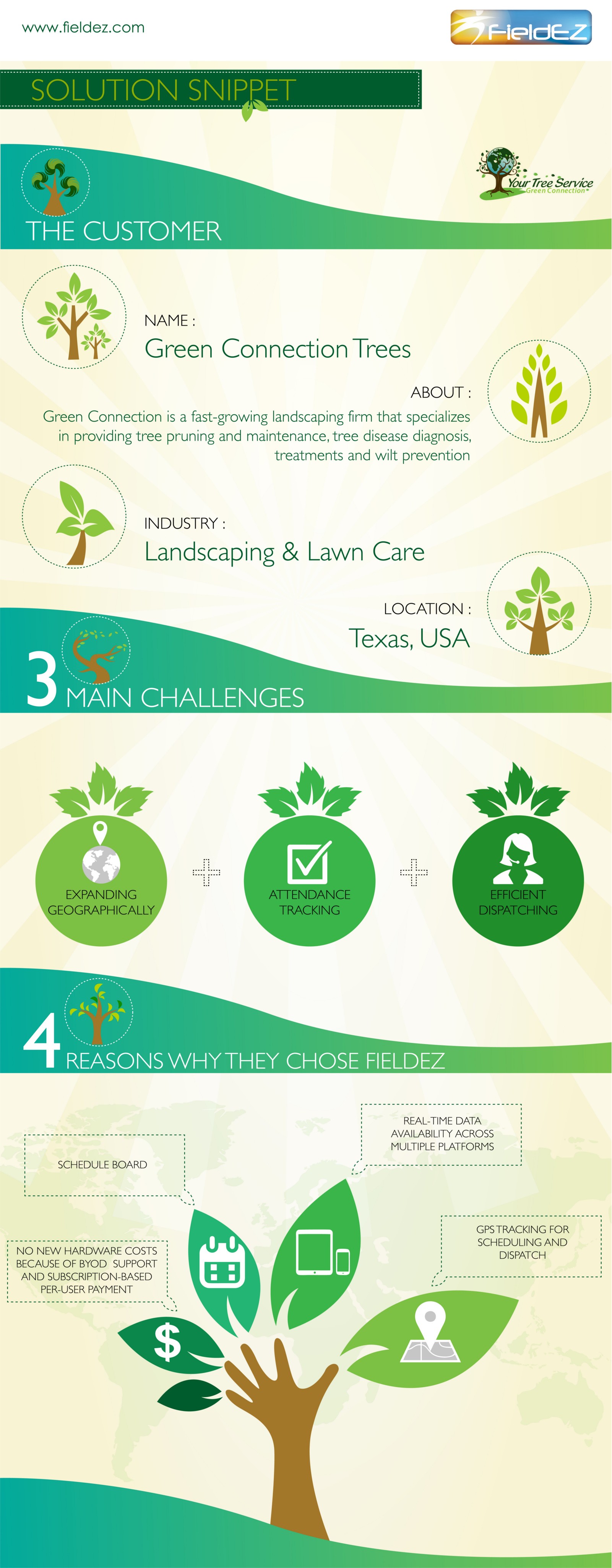SPOILER ALERT!
Eco-Friendly Landscaping: Lasting Practices For A Greener Yard
Produced By-Fog Pagh
When you think of landscape design, consider just how your selections can affect the environment. By selecting native plants, as an example, you not just improve your yard's charm but additionally support local wildlife. Applying water-saving watering techniques can further add to sustainability. Interested concerning exactly how composting and organic horticulture methods can enhance your dirt? Let's explore these environmentally friendly methods that can transform your garden right into a successful, well balanced community.
When you pick indigenous plants for your landscape, you're not simply boosting your garden's charm; you're likewise cultivating biodiversity.
Indigenous plants are adapted to your regional environment and soil, making them simpler to keep and extra durable. They supply essential habitats and food for local wildlife, consisting of birds, bees, and butterflies, advertising a balanced ecological community.
By growing native species, you lower the requirement for plant foods and chemicals, decreasing your environmental impact. https://www.yelp.com/biz/lawn-care-by-dan-vancouver-7 'll likewise conserve water, as these plants normally call for less watering than non-natives.
And also, you'll uncover a vibrant array of colors and structures that transform with the periods. Welcome the benefits of native plants, and see your yard change into a prospering refuge for nature.
As you aim to develop a sustainable landscape, applying water-saving watering methods is important for saving this valuable source.
Start by installing drip watering systems that supply water straight to plant roots, reducing dissipation. Take into consideration utilizing soaker tubes for garden beds, permitting wetness to leak slowly into the soil.
Timing your watering is vital; morning or late evening is optimal to lower water loss. Additionally, buy rainfall barrels to gather rainwater for watering, giving an all-natural resource of water.
Including mulch around plants assists maintain dampness in the dirt, lowering the demand for constant watering.
By welcoming composting and organic horticulture techniques, you can significantly improve your landscape's wellness and sustainability.
Composting transforms kitchen area scraps and lawn waste into nutrient-rich soil, improving your yard's fertility and structure. Start a compost heap or container, blending greens like veggie peels off with browns such as dried leaves.
Including organic gardening techniques implies preventing artificial fertilizers and pesticides. Rather, use natural alternatives, like garden compost tea or neem oil, to nurture plants and control bugs.
Select indigenous plants and treasure varieties that thrive in your local environment, lowering the need for extra water and chemicals.
https://www.goodhousekeeping.com/home/gardening/tips/g3551/landscaping-ideas/
Incorporating eco-friendly landscaping practices not only boosts your yard's beauty however additionally supports the atmosphere. By choosing indigenous plants, making use of effective watering methods, and accepting composting and organic horticulture, you produce a flourishing ecosystem that benefits both your plants and regional wild animals. These lasting approaches assist you save resources while fostering biodiversity. So, study these practices and see your yard prosper while making a positive influence on the world!

When you think of landscape design, consider just how your selections can affect the environment. By selecting native plants, as an example, you not just improve your yard's charm but additionally support local wildlife. Applying water-saving watering techniques can further add to sustainability. Interested concerning exactly how composting and organic horticulture methods can enhance your dirt? Let's explore these environmentally friendly methods that can transform your garden right into a successful, well balanced community.
Choosing Native Plants for Biodiversity
When you pick indigenous plants for your landscape, you're not simply boosting your garden's charm; you're likewise cultivating biodiversity.
Indigenous plants are adapted to your regional environment and soil, making them simpler to keep and extra durable. They supply essential habitats and food for local wildlife, consisting of birds, bees, and butterflies, advertising a balanced ecological community.
By growing native species, you lower the requirement for plant foods and chemicals, decreasing your environmental impact. https://www.yelp.com/biz/lawn-care-by-dan-vancouver-7 'll likewise conserve water, as these plants normally call for less watering than non-natives.
And also, you'll uncover a vibrant array of colors and structures that transform with the periods. Welcome the benefits of native plants, and see your yard change into a prospering refuge for nature.
Implementing Water-Saving Irrigation Techniques
As you aim to develop a sustainable landscape, applying water-saving watering methods is important for saving this valuable source.
Start by installing drip watering systems that supply water straight to plant roots, reducing dissipation. Take into consideration utilizing soaker tubes for garden beds, permitting wetness to leak slowly into the soil.
Timing your watering is vital; morning or late evening is optimal to lower water loss. Additionally, buy rainfall barrels to gather rainwater for watering, giving an all-natural resource of water.
Including mulch around plants assists maintain dampness in the dirt, lowering the demand for constant watering.
Composting and Organic Horticulture Practices
By welcoming composting and organic horticulture techniques, you can significantly improve your landscape's wellness and sustainability.
Composting transforms kitchen area scraps and lawn waste into nutrient-rich soil, improving your yard's fertility and structure. Start a compost heap or container, blending greens like veggie peels off with browns such as dried leaves.
Including organic gardening techniques implies preventing artificial fertilizers and pesticides. Rather, use natural alternatives, like garden compost tea or neem oil, to nurture plants and control bugs.
Select indigenous plants and treasure varieties that thrive in your local environment, lowering the need for extra water and chemicals.
https://www.goodhousekeeping.com/home/gardening/tips/g3551/landscaping-ideas/
Incorporating eco-friendly landscaping practices not only boosts your yard's beauty however additionally supports the atmosphere. By choosing indigenous plants, making use of effective watering methods, and accepting composting and organic horticulture, you produce a flourishing ecosystem that benefits both your plants and regional wild animals. These lasting approaches assist you save resources while fostering biodiversity. So, study these practices and see your yard prosper while making a positive influence on the world!

